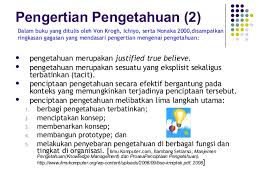

Restrukturisasi Spasial dan Perubahan Pola Pergerakan pada Kasus Kota Semarang, Bandung, dan Jakarta. Journal of Planning Education and Research, 13(4): 237-250.ī. The Influence of State Planning Mandates on Local Plan Quality. Washington, D.C., USA: Planners Press, American Planning Association.īerke, Philip R. Dennis O'Harrow: Plan Talk and Plain Talk. Journal of Planning Education and Research, 13(4):251-262.īerger, Marjorie S. Community and Consensus:Reality and Fantasy in Planning. Bogor, Indonesia: Pustaka Litera AntarNusa.īaum, Howell S. Keywords: science, research, participative methodologyĪndi Hakim Nasoetion. Participative methodology is defined as participative, educative and less controlled research methodology that lead to a more holistic scientific knowledge. An alternative participative methodology has emerged to encounter this crisis. Subsequently an important turning point has emerged in the formation of the modern worldview. At the end of the twentieth century, we can see the grand results of this narrow focus on material progress, such as over exploitation of natural env ironment to the level of destruction and human alienation of technological progress. However, modern science has created crisis of unintended results. Science became consumed with a purely secular and material focus.

Other human experiences of qualitative nature are outside the legitimate domain of scientific enquiry. This view further advocated an empirical skepticism in which nothing about the universe "? seen as objects "? should be believed unless it was shown by quantitative experiment to exist without question. Science began to focus on this physical world and quickly flourished into a philosophical position that was quickly embraced as the reigning worldview for the modern age. To begin with, science is applied only to the physical universe. Positivistic methodology has a very determining role in the development of modern science. Program Studi Perencaan Wilayah dan Kota UNISBA


 0 kommentar(er)
0 kommentar(er)
